“Sustainable Development Goals : new ways for learning and teaching” by Joël Chevrier, Adrien Husson, Léonor Tourneboeuf, Sophie Pène
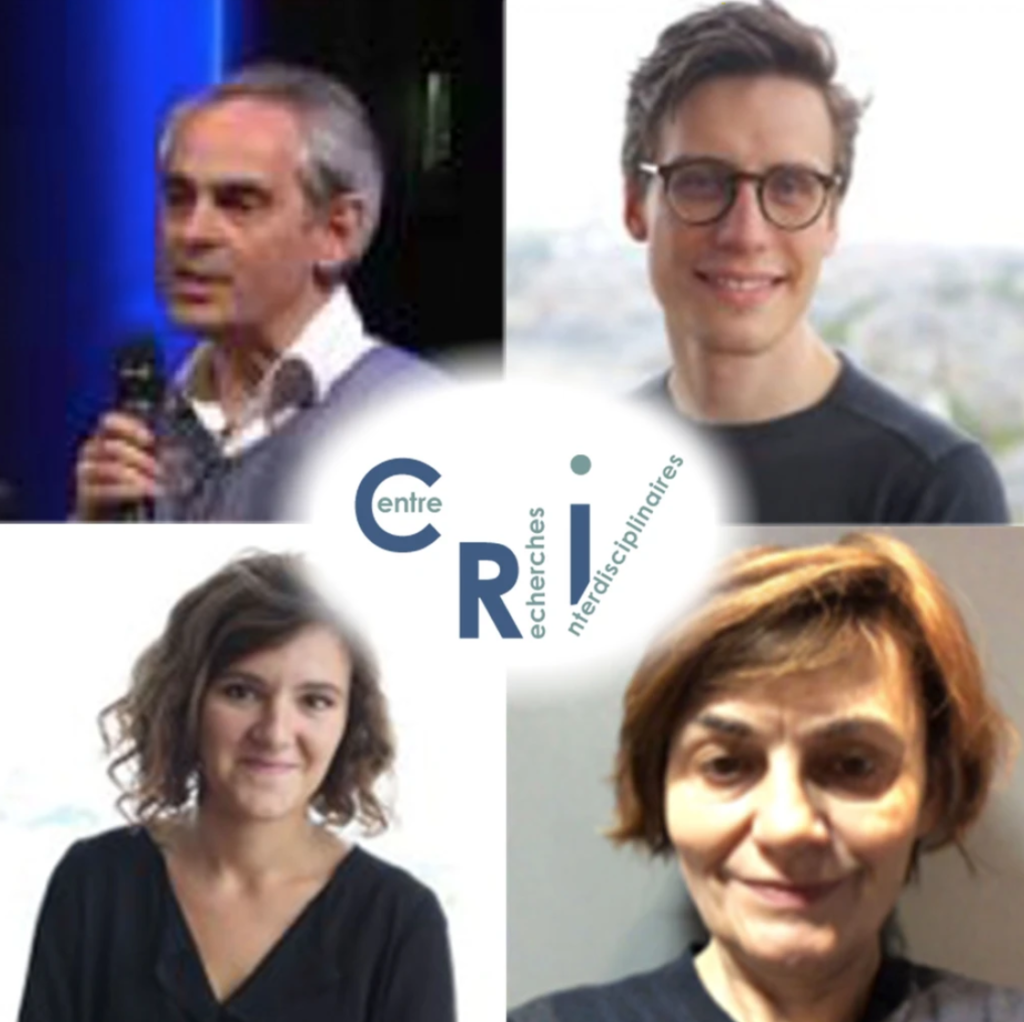

The CRI, an interdisciplinary research center, develops curriculum in three areas: life sciences, learning sciences and digital sciences. Indeed, the students evolve in a world that combine three intelligences: intelligence of the living, intelligence of groups and individuals, intelligence of machines.
- Time: Friday January 26, 17:00 – 18:30
- Location: MakerBay Central (PMQ H508)
- Language: English
- Price: Free
Our epoch is a “momentum”. Technological acceleration collides ecological catastrophe. How to teach? How to learn?
This now goes beyond every definition of disciplinary fields.
Our students are researchers, creators, entrepreneurs and citizens who will be involved in the co-design of public policy.
We would like to discuss three topics :
1. The smartphone as a Pocket lab
In the MOOC “Smartphone Pocketlab”, the participants real physics experiments at home and learn scientific description of movement : speed, acceleration, trajectory..The needed equipment is a smartphone and a laptop. This is all.The proposed experiments introduce participants to a scientific description of motion by doing themselves experiments at home (no lab required).The experiments are organised in 5 sessions: the pendulum and the free fall with illustrations directly from Galileo and Newton, the rotation and oscillations and vibrations.
2. Movuino and pédagogical use of sensors
Movuino’s goal is to give citizens access to low cost hardware and free software in order to help them to learn and to do research on motion. We want to give to the citizens a control on the measurement process from sensors calibration, filtering, pre-tratment of data to machine learning, and feedback. Movuino is developed in the CRI
3. Le programme OPEN FIESTA and the student project-based pedagogy.
Open FIESTA(Open Faculty for Innovation, Education, Science, Technology and Art)is co-established by Tsinghua University and the Center for Research and Interdisciplinary (CRI), Paris Descartes University from June, 2015. Open FIESTA aims to integrate the global innovation resources, collectively study, develop and share exponential technologies and disruptive paradigms to catalyze global innovation for sustainability, and nurture the students with creative spirit, entrepreneurial capability and strong social responsibility. Open FIESTA is aiming to build a Global hub and a worldwide network to foster next generation research, education and innovation at Tsinghua University, which is dedicated to: Prototyping a new model of a university for the 21st century; Cultivating the next generation change makers; Building a worldwide open community for interdisciplinary discovery and innovation; Exploring the solutions for sustainable development and innovation.
During a launching workshop, the students have to define a concept of prototype, focused on sustainability challenge (ISDG Sustainable development goals). In May 2018, the prototypes (tested, sponsored by a user community) will be presented.
Speakers
Joël Chevrier  Joël is full Professor of Physics at the University Grenoble Alpes and Associated to the Centre de Recherches Interdisciplinaires. His topics are Pedagogical Innovation in Sciences , scientific knowledge at the digital age, Sciences, design and society, Arts&Sciences, and, of course, Research in phsyics.His research activity in Nanomechanics at the Institut Néel CNRS is centered on instrument developments based on AFM: from Casimir force to surface interactions in fluids. His major present interest as a teacher is the use of new instruments and new technologies to explore our environment. He is a former UJF deputy Vice-President for Research (2007-2010) and for Education (2011-2014). |
Adrien Husson  Adrien is a designer and engineer. He works on research & development for gesture learning issues dealing with new technologies (especially in the case of walking rehabilitation). He belongs to the Mobile Lab team, where he works on research & development for gesture learning issues dealing with new technologies (especially in the case of walking rehabilitation). Before joining the CRI, he developed a start-up which main subject was already gesture learning but this time in the case of sport. |
Léonor Tourneboeuf Leonor is a pedagogical engineer, in the Center for Interdisciplinary research, in Paris. She is also an engineer in industrial process and product conception, with a specialised master in Innovation Management. She has worked in a FabLab, in creativity fields and with graffic artists. She is specially involved in « FabLabs Solidaires », a digital training for students comming from disadventaged areas from 14 to 25 years old . until november 2017, and in « les Mallettes pédagogiques » : kits of tools for schools. |
Sophie Pène Sophie is professor at Paris Descartes University, sociolinguist and anthropologist of digital practices. She is responsible of Ed tech Master programme (éducation and technology). It aims to train new actors to education field (social innovators, change makers, scientist educators, designers of educational services, in profit or non profit sectors, or startups). From 2012 to 2017 she was a member et the vice-président of French Digital Council, involved in the design of digital public policy. |

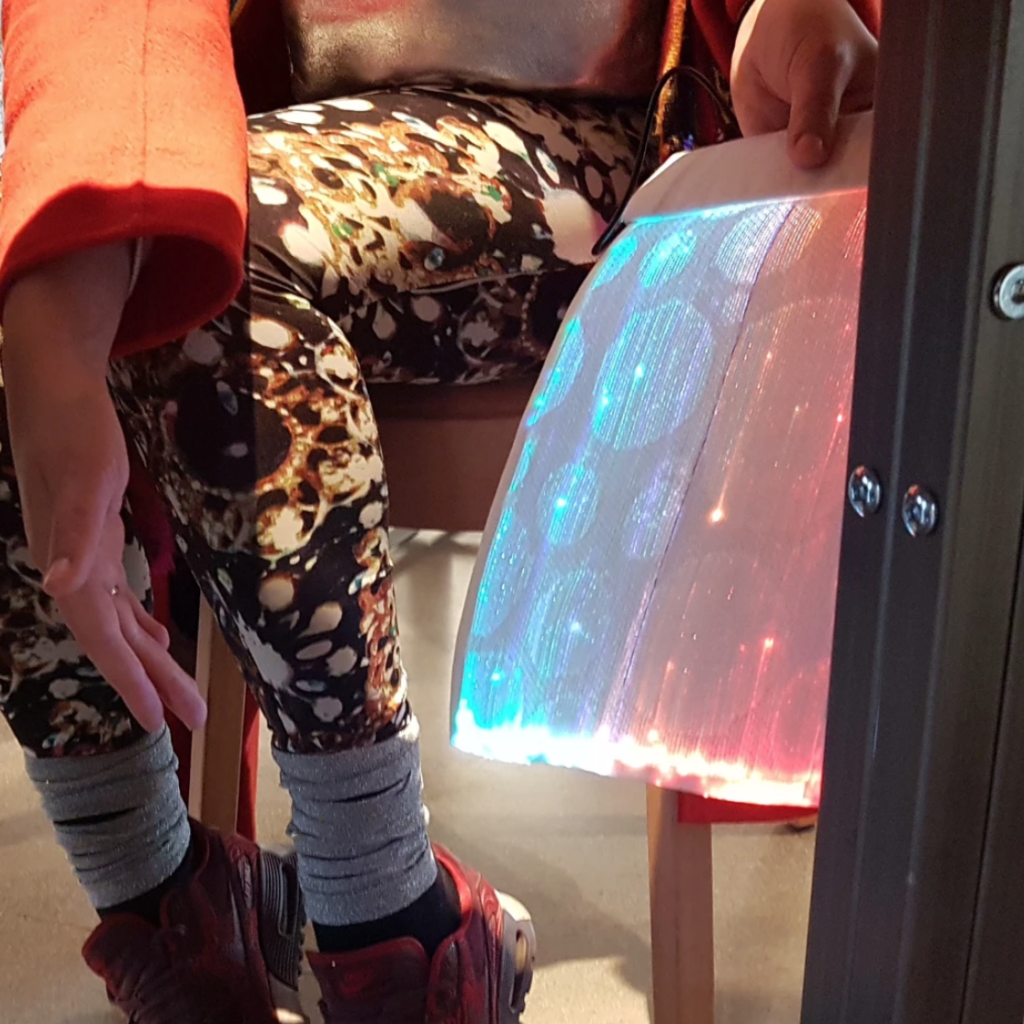
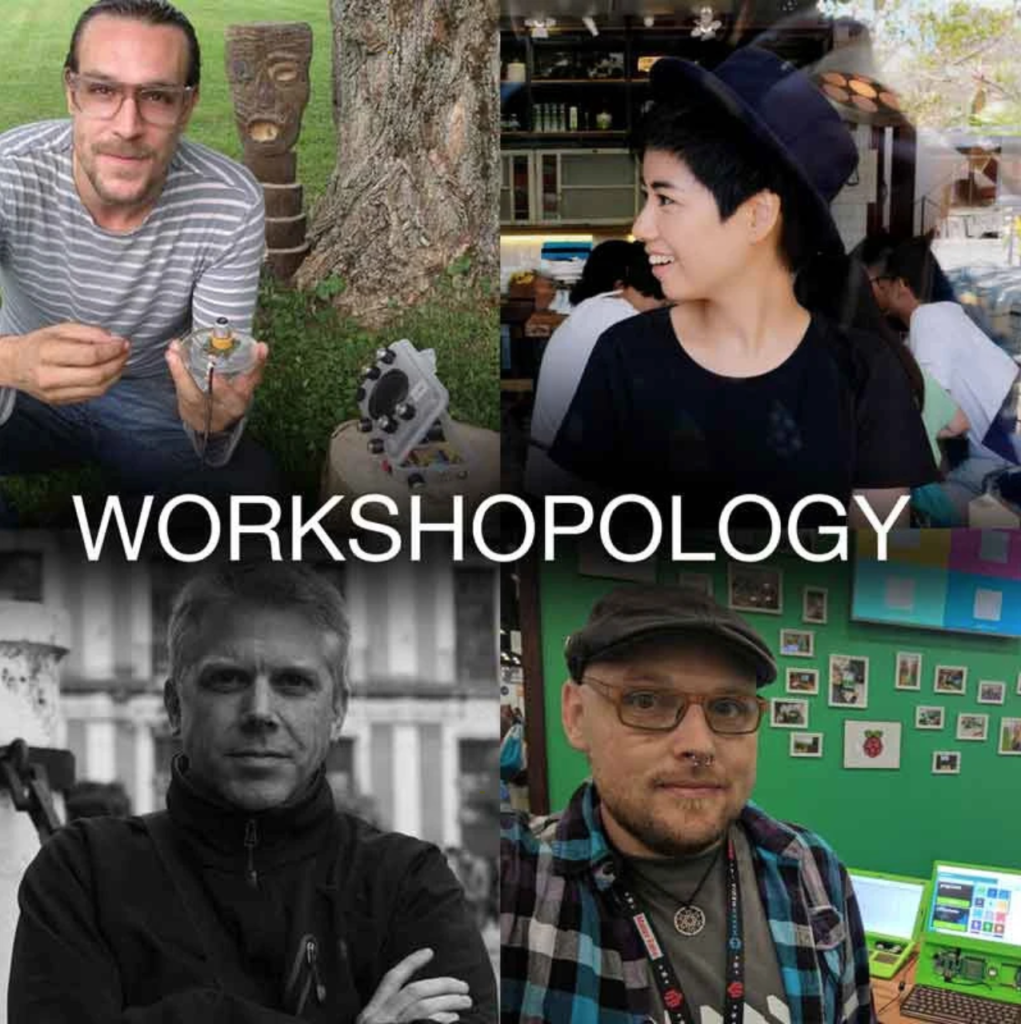
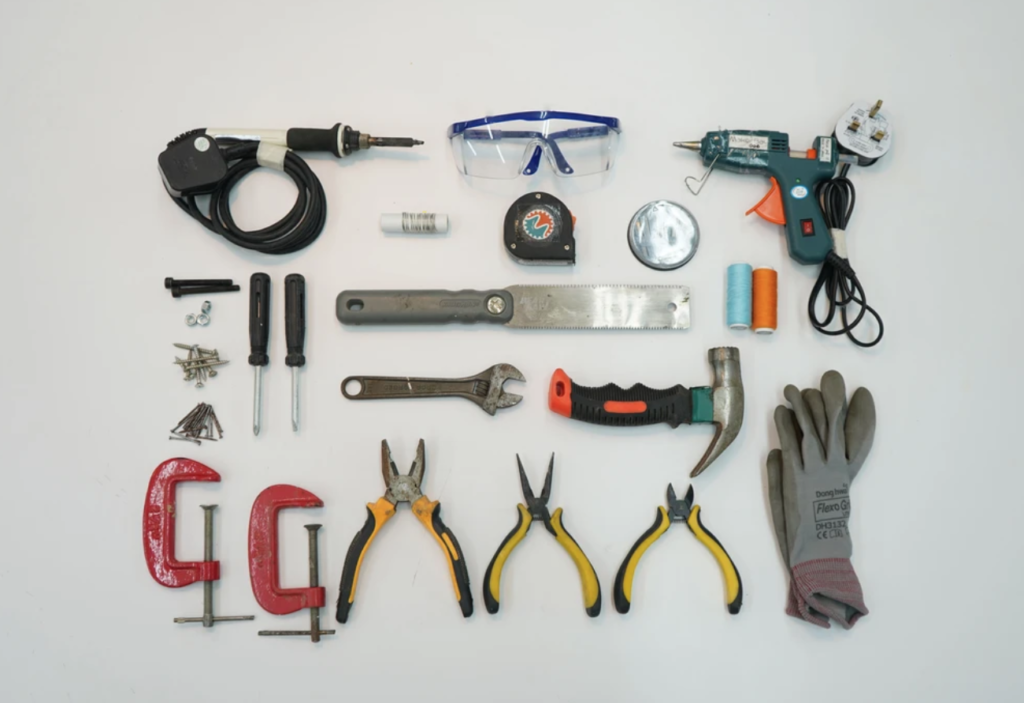
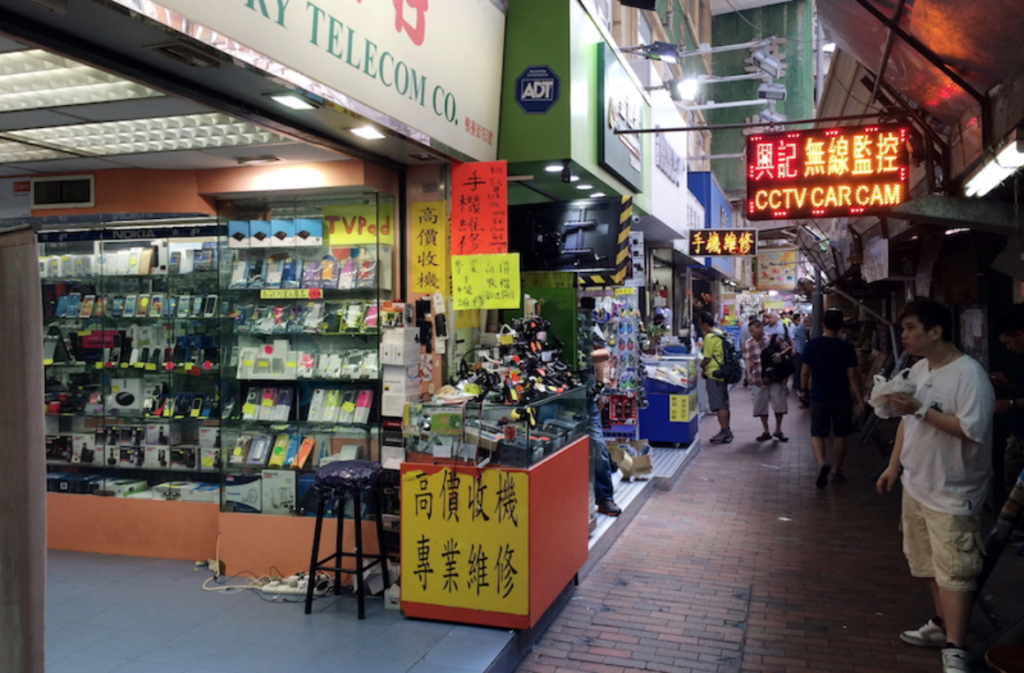
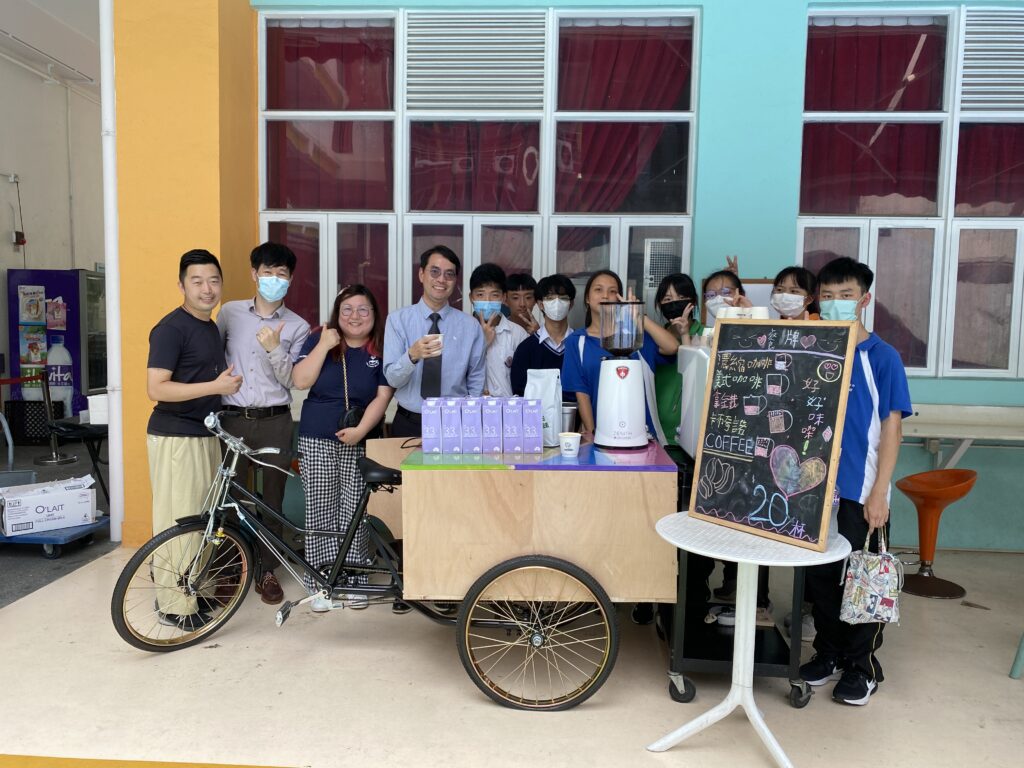
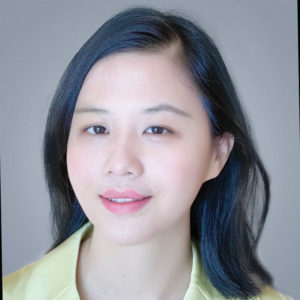
Responses